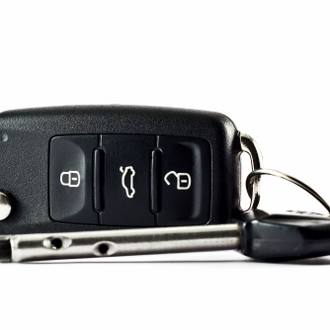Troubleshooting and your car’s electrical systems
Index
Troubleshooting a car’s electrical problems can be a daunting task, but as long as you follow the right path, in the right order, you can eliminate potential problems one by one, until you figure out what’s really going on.

Check Your Fuses
Not many cars have a fuse associated with the starting system, but before you go messing around with everything, check your fuses to be sure it’s not that simple.
Check the battery connections
Make sure there is no corrosion or loose fittings, either tighten or clean the battery connections to ensure good contact.
Flat Battery
The most common reason your car won’t start is a flat battery. If you have a battery tester that can measure amps, test your battery to see if it’s weak. If you can’t test it yourself, you can test the battery indirectly by jump-starting the car. If it starts right away, your problem is most likely a dead battery. Charge or replace the battery.
Bad Ignition Switch
If your battery is OK, but the starter motor still isn’t doing anything, it may be a faulty ignition switch. Turn the key to the on position but not all the way to start. If the red warning lights on your dash don’t light up, the ignition switch is bad.
Check the starter motor
If you still haven’t found the problem, the next step is the starter motor, this is when things can get serious. A tried and true way to check the start motor in older cars is to have a friend tap the starter motor with a small hammer while you attempt the start the car. If tapping to dislodge the starter motor helps you to start the car, then the starter motor definitely needs replacing.
It’s always a good idea to have working knowledge of your car’s operation, even understanding only the basics will help you greatly when the time comes to engage a professional to service or repair your car.
